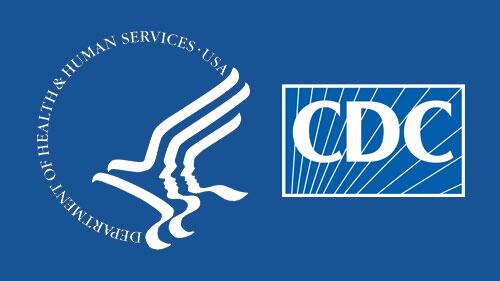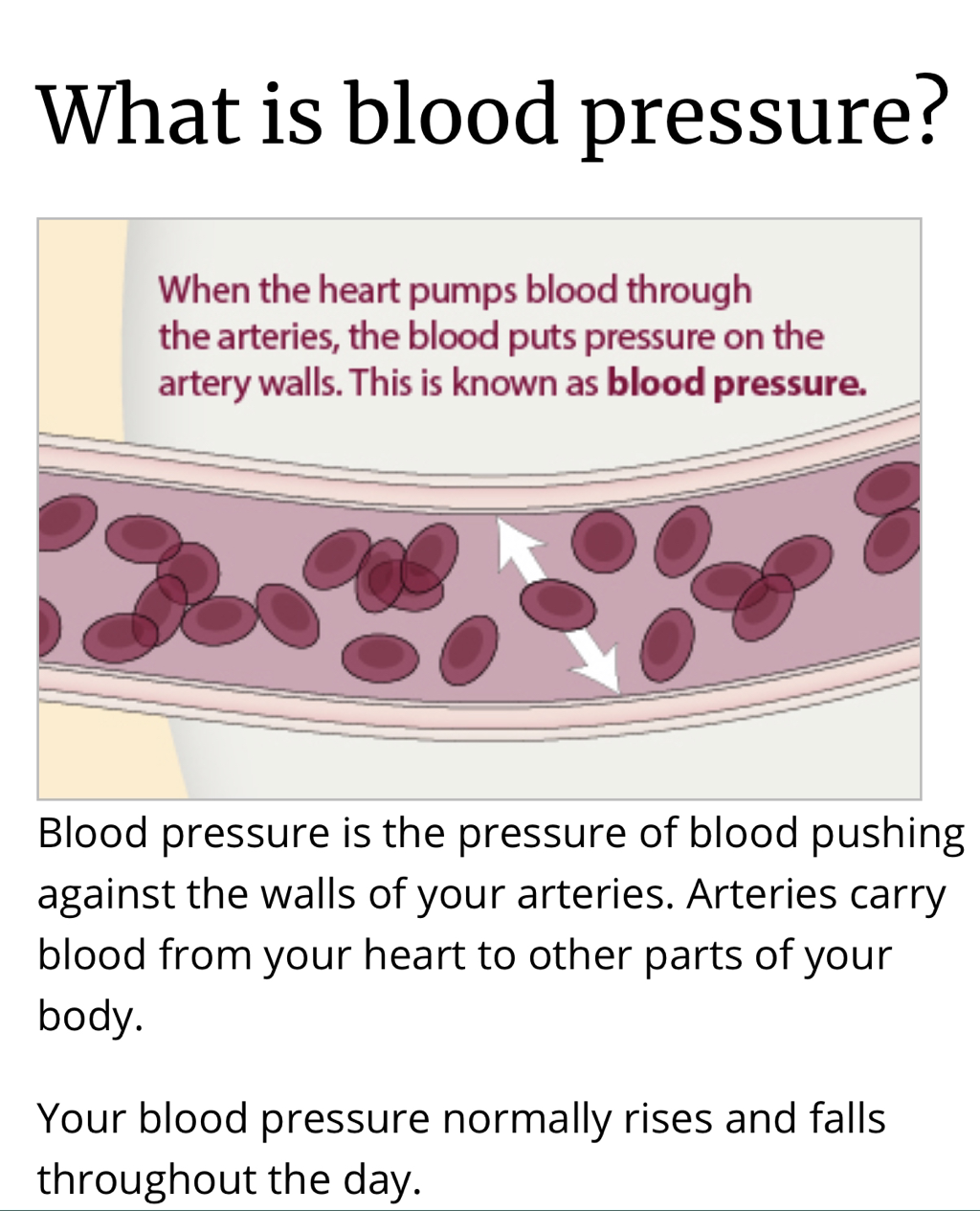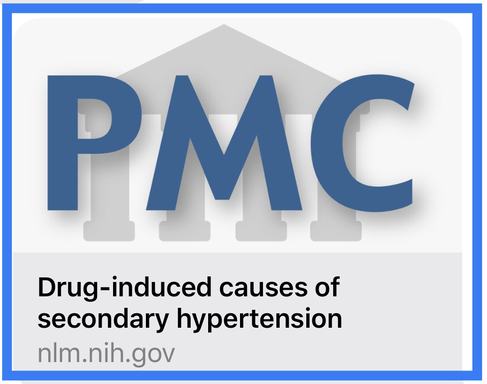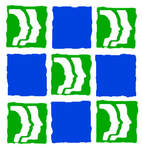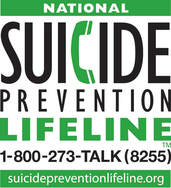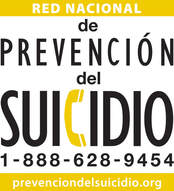According to the Centers for Disease Control, "about 9 out of 10 Americans will develop high blood pressure during their lifetime."
"Measuring your blood pressure is the only way to know you have high blood pressure."
SYSTOLIC/DIASTOLIC
=< 120/80 mmHg
El asesino escondido
“The HIDDEN assassin”
THE IMPORTANCE OF
WELLNESS CHECKS
BLOOD-PRESSURE LOG
COMPLIANCE INSTRUCTIONS
(all SPC Patients receiving
psychostimulant therapy)
VIEW RECOMMENDED
HOME BLOOD PRESSURE
MONITORS HERE
DR. SILVA'S PICK:
HOW TO
PROPERLY MEASURE
YOUR BLOOD PRESSURE
All SPC patients taking stimulant medications for the treatment of ADD/ADHD, Binge Eating Disorder, and other conditions requiring such medications (for example, Adderall, Vyvanse, Ritalin, Concerta, etc.) are required to monitor their blood pressures and to submit a blood pressure log in order to initiate, continue, or resume treatment with those medications, regardless of their past medical histories.
One of the few disadvantages of the telemedicine model is that I am unable to measure patients' vital signs at evaluation, or when they return to clinic for their follow-up appointments. However, the standard of care demands that I monitor for, and rule out, medication-induced hypertension, or elevated blood pressure, which is fairly common. Patients who already take medication for hypertension are not exempt from this requirement because, even assuming that their pressure is well-controlled on their current regimen of anti-hypertensive agents (many patients require more than one to achieve adequate control), I have to ensure that a patient's blood pressure continues to be well-controlled after prescribing a stimulant. What I usually find is that most patients do not even own a home blood pressure machine, are not routinely checking their blood pressures, and are not well-controlled, even at baseline, without a stimulant. Many others are normotensive at baseline (i.e., they do not have high blood pressure), but a single dose of their stimulant medication raises their pressure to an unacceptably high level that would result in significant morbidity and mortality if left untreated for a significant length of time (usually measured in years, but for some patients with significant pre-existing comorbidity, acutely elevated blood pressure could lead to heart attacks, strokes, intracranial bleeds and other potentially lethal cardiovascular accidents over the course of much shorter timespans). Treatment cannot proceed without adequate control of blood pressure.
Patients most at risk for stimulant-induced hypertension would be those with pre-existing hypertension, well-controlled or otherwise, middle-aged and older persons, including those who were not hypertensive in youth, patients who are overweight or obese and/or type II diabetics, smokers, persons who drink alcohol, individuals who do not regularly engage in cardiovascular exercise, certain individuals whose diets regularly exceed the maximum daily requirement of sodium (leading to fluid retention) and individuals who are prone to fluid retention and swelling/bloating due to other medical conditions, as well as individuals with clinically-significant anxiety, chronic or undue stress--especially poorly-managed stress--individuals who struggle with anger management ("Type A" personalities), and patients with a host of other common disease states, such as hypercholesterolemia, emphysema, obstructive sleep apnea, and cirrhosis of the liver, to name just a few. Even pregnancy can be a risk factor, and while less common, adolescents and young children can develop high blood pressure, too.
Learn more about medication-induced hypertension:
